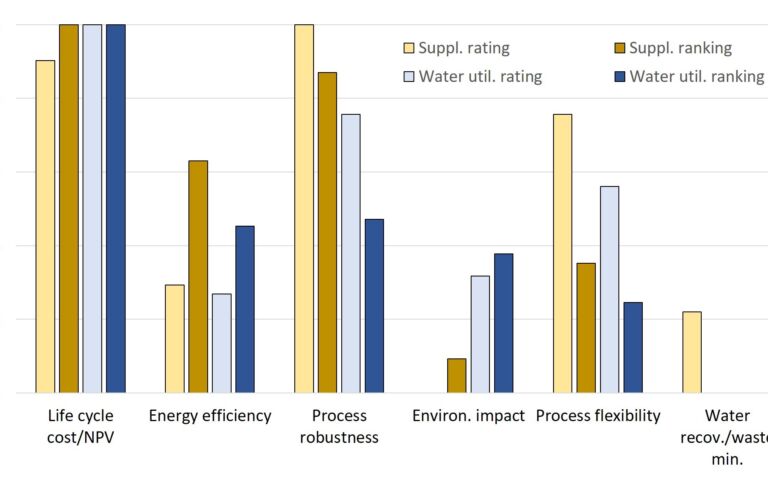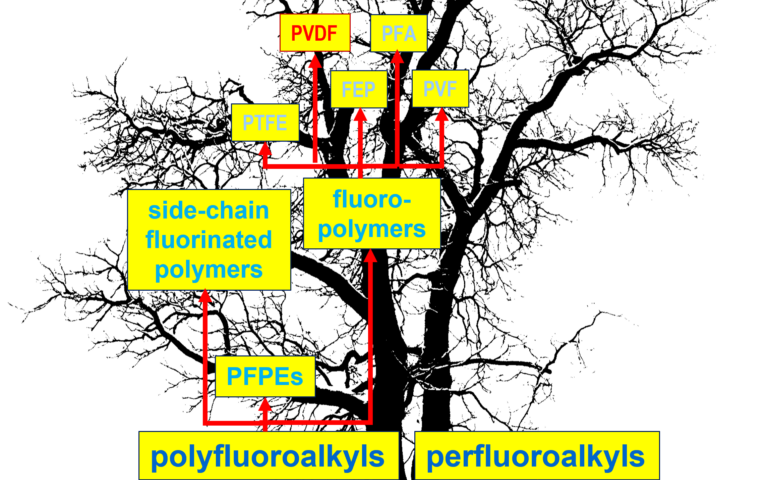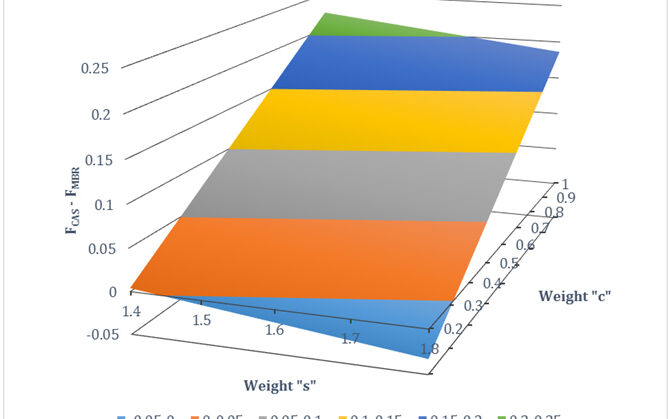Guest blog: Trumping regulations


Dr Graeme Pearce1
1Director at Membrane Consultancy Associates Ltd. Membrane technology specialist with 40 years experience in the membrane industry. Email: [email protected]
In June 2017, I met someone from the US Environmental Protection Agency (EPA) at a conference. She seemed somewhat bemused at the changes that were starting to be made at her agency following Trump’s election. Political ructions had happened plenty of times during the six presidential tenures since the agency’s establishment by Richard Nixon in the 1970s. But, as set out in the BBC Radio 4 documentary, Discovery: Science Trumped, during Trump’s presidential term these perturbations were of a completely different order. The career staffers line at that stage was ‘It probably won’t be as bad as we fear’. Unfortunately, this turned out to be wishful thinking.
The documentary reports that the first Head of the USEPA in the Trump era, Scott Pruitt, installed locks on the doors of the corridors around his office manned by a security guard so that he could not be approached by employees. Staffers said that his style was to avoid discussion and simply issue edicts. However, as noted by the New York Times in July 2018, the American environment can be thankful that he was ‘ethically challenged’ and left in disgrace. Unfortunately, his successor, Andrew Wheeler, was in a similar mould but without the personal weaknesses. Between them, these two achieved 78 deregulatory actions which was four times the rate under Bush. The hoped-for bonfire of regulations had been achieved.
Industrial lobbyists have had a field day getting water pollution and toxic chemical regulations repealed. Indeed, the Department of Homeland Security was given the power to override any other law in the name of security, and to define for itself what constituted ‘security’: a classic case of combining the roles of game-keeper and poacher. Or maybe just two different poachers. As a consequence, just as a single example, extensive and irreversible ecological damage has been caused in building sections of the border wall.
Needless to say, it’s now all change at the EPA and the time has come to put the bonfire out. I have been looking at the issue of water regulation worldwide. It is noticeable how different economies have been in lockstep reflecting pronouncements from the United Nations and World Health Organization. Before the 1970s, regulation of water was mainly about rights, with some early examples, such as in France, of attempts to control excessive pollution. Between 1970 and 2000 there was a major push to protect water sources from pollution due to the knock-on effect on water supply, with the US, UK and Germany following France’s lead. Other countries gradually followed, and eventually European legislation was enacted in the form of the Urban Waste Water Treatment Directive in 1991.
Since 2000, the watchwords have been sustainability and climate change, and these regulations mark a major change of emphasis. Remarkably though, water reuse regulation is still hardly present despite having an incredibly influential role in sustainability. Water reuse supply is potentially plentiful, the energy cost is modest, the water is close to where it’s needed in population centres, and it is possible to control quality. In reuse, the US EPA is behind the curve and so far has only mustered guidelines. However, individual States, most notably California, are world leading, and have joined together with far-sighted countries such as Singapore and Australia to make reuse a reality.
In Europe, the EU is finally just about to launch its reuse regulation covering minimum requirements for different purposes. This promises to herald a major rethink on alternative water sources and will have far reaching consequences for both water security and climate change. Needless to say, modern regulations are mainly about environmental protection. However, for some, regulations are irksome and costly. For others they create opportunity since drivers are provided for the direction of travel of society.
And what about the future direction of the US EPA? Well, the new guard is already making its impact. The climate crisis information has returned to their website, having been removed as part of Donald Trump’s order in 2017 to drop all references to climate change from all government websites. Biden signed two climate-related executive actions in his first week in office. So, sanity has returned and the direction of travel once again clarified – but there is still some way to go.








